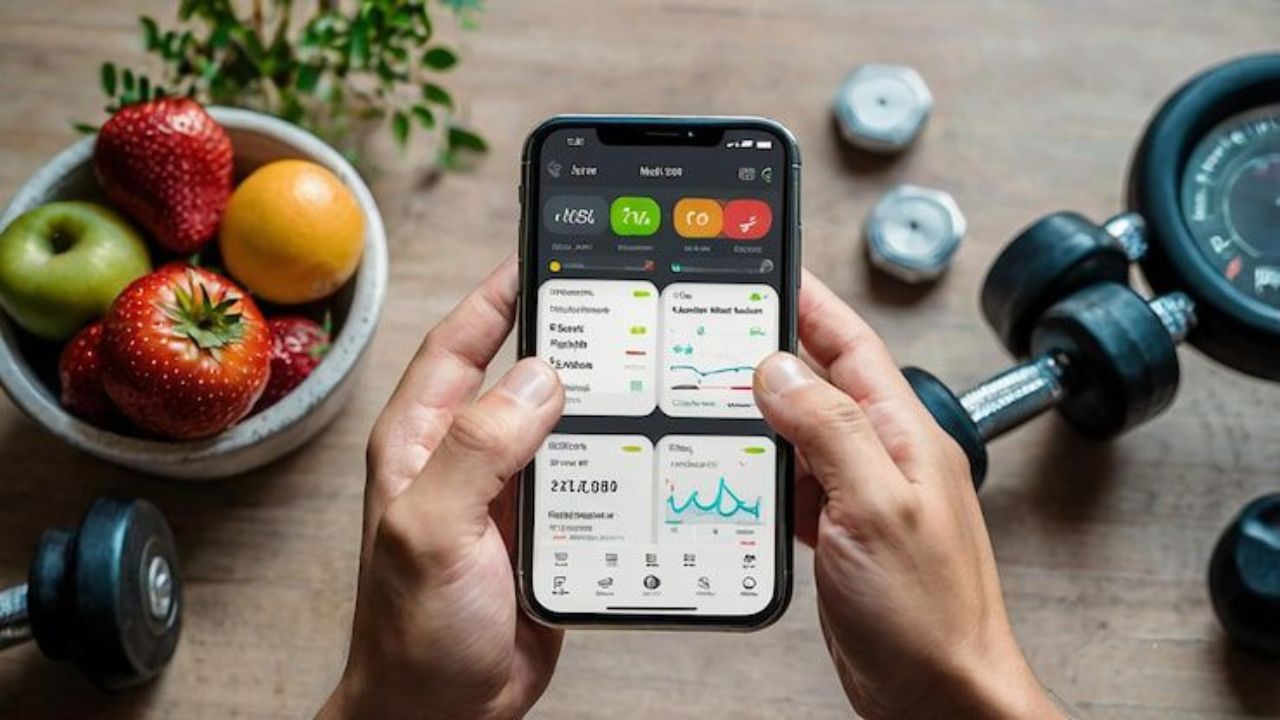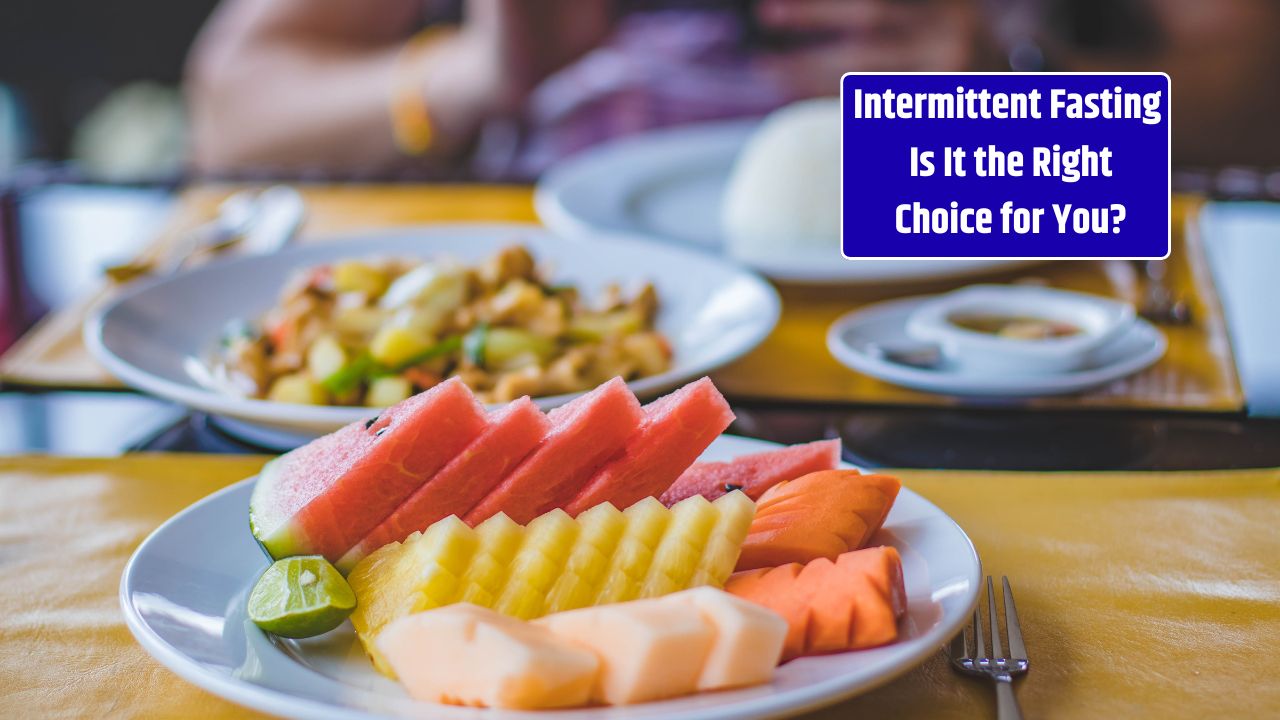It’s 2025, and if you’re still scribbling your workout sets on a crumpled piece of paper at the gym, you’re missing out. Fitness apps have gone way beyond counting steps—they’re now personal trainers, nutritionists, sleep coaches, and even mental health guides, all tucked neatly into your phone. But with the app stores flooded with options, the real question is: which ones are worth your time, money, and data? I sifted through the latest updates, reviews, and feature lists to bring you the top 5 fitness apps that are leading the pack this year.
1. MyFitnessPal (The All-Around Classic)
If fitness apps were a family, MyFitnessPal would be the reliable eldest child. It’s been around for years, but in 2025 it’s sharper than ever. The app now uses AI-powered barcode scanning for ultra-precise calorie tracking, and it syncs seamlessly with wearables like Apple Watch and Oura Ring. Its vast food database is still unmatched, and it offers tailored nutrition insights based on your activity level and goals.
- Best for: Anyone serious about monitoring calories, macros, and overall diet.
- Price: Free with premium starting at $9.99/month.
2. Strava (For Runners & Cyclists)
Ask any runner or cyclist what app they use, and chances are they’ll say Strava. The 2025 update makes it even more community-driven, with “Clubs 2.0” allowing users to host virtual events and share training logs. GPS tracking remains incredibly accurate, and the new AI-coach feature suggests weekly mileage targets based on your past performance.
- Best for: Endurance athletes and those who thrive on competition.
- Price: Free with premium at $11.99/month.
3. Fitbod (Strength Training Smarts)
For anyone who’s ever walked into the gym and thought, “Now what?”—Fitbod has your back. This app builds personalized strength training plans based on your equipment, recovery status, and goals. In 2025, Fitbod added a “progression engine” that automatically adjusts weight and reps for optimal growth, making it like having a coach in your pocket.
- Best for: Gym-goers focused on building strength and muscle.
- Price: $12.99/month after free trial.
4. Apple Fitness+ (Holistic, Integrated Approach)
Apple Fitness+ keeps leveling up. This year, it expanded its mindfulness library and launched adaptive workout plans for people with injuries or mobility issues. The integration with Apple Watch is as smooth as ever—closing your rings has never been more satisfying. Plus, the app now offers real-time metrics like heart rate zones on-screen during workouts.
- Best for: Apple ecosystem users who want everything in one sleek package.
- Price: $9.99/month or bundled with Apple One.
5. Centr by Chris Hemsworth (Celebrity Meets Science)
Don’t roll your eyes just yet—this isn’t just about Thor’s abs. Centr has quietly grown into one of the most balanced fitness apps on the market. Beyond workouts, it offers meal plans, guided meditations, and recovery tips. The 2025 edition features AR-guided home workouts where you can actually “train” alongside a coach in your living room.
- Best for: People who want fitness, nutrition, and mindfulness in one app with a touch of star power.
- Price: $29.99/month.
Quick Comparison
| App | Best For | Unique 2025 Feature | Price (Monthly) |
|---|---|---|---|
| MyFitnessPal | Nutrition tracking | AI-powered food scanning | $9.99 |
| Strava | Runners/cyclists | AI-coach + Clubs 2.0 | $11.99 |
| Fitbod | Strength training | Smart progression engine | $12.99 |
| Apple Fitness+ | Holistic workouts | Adaptive programs + mindfulness hub | $9.99 |
| Centr | All-in-one lifestyle | AR-guided workouts | $29.99 |
FAQs:
Which fitness app is best for beginners in 2025?
Fitbod and Apple Fitness+ are great for beginners, offering guided plans and easy-to-follow instructions.
Do I need a paid version, or is free enough?
Free versions cover basics like tracking and logging, but premium plans unlock personalized coaching, progress insights, and advanced features.
Can I use multiple fitness apps at the same time?
Yes, many people combine Strava for runs with MyFitnessPal for food tracking. Most apps sync data through Apple Health or Google Fit.











